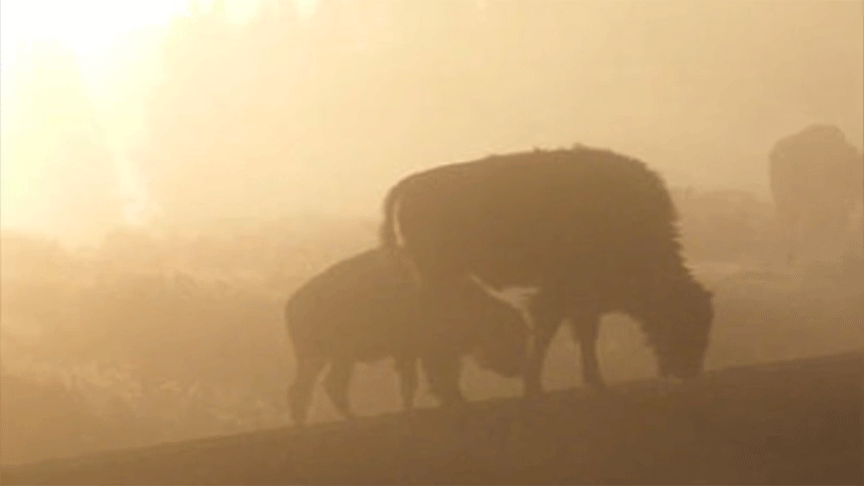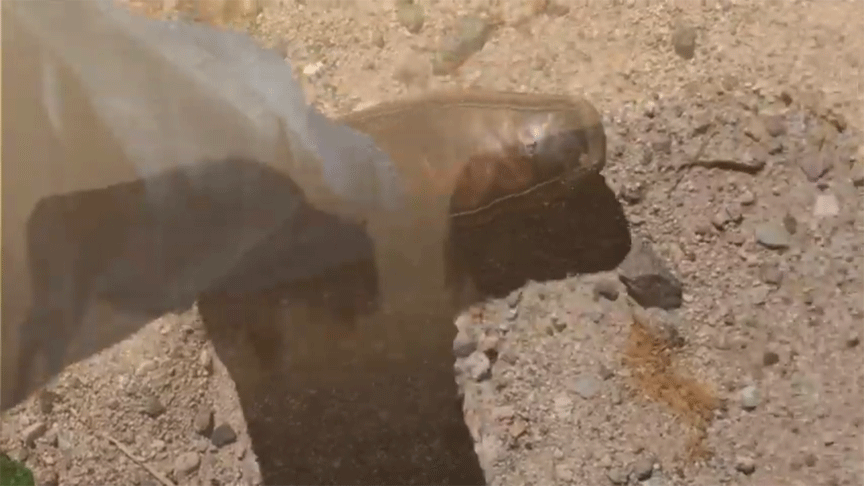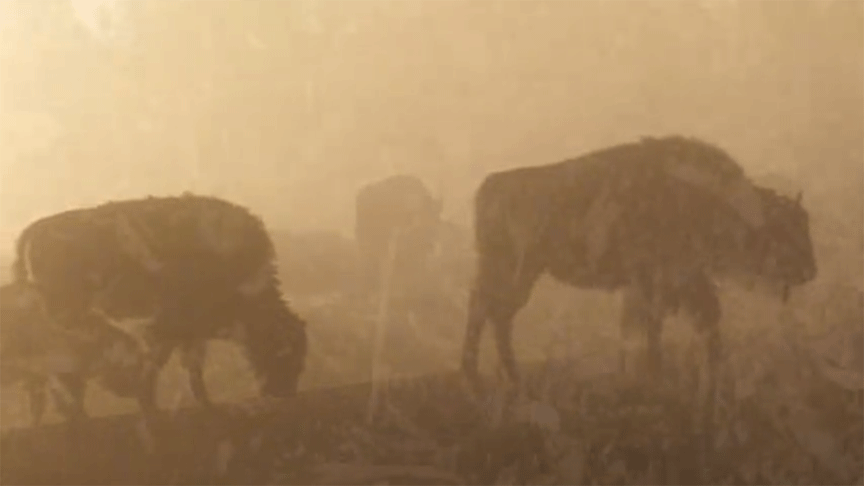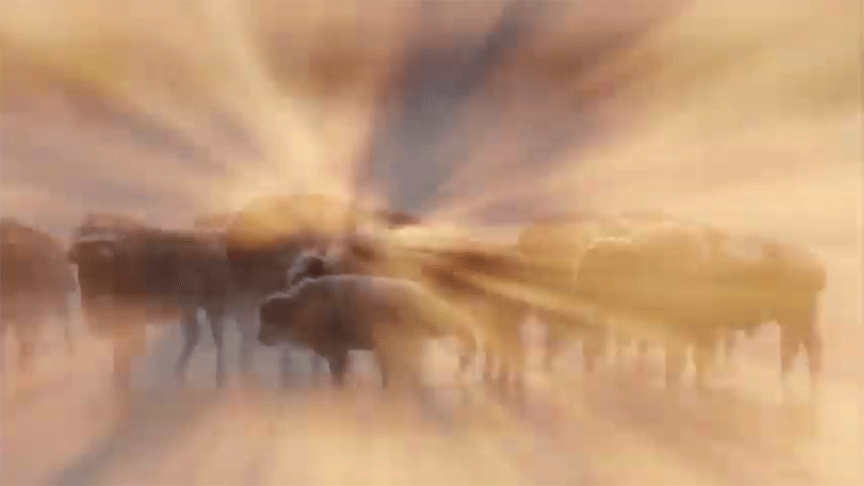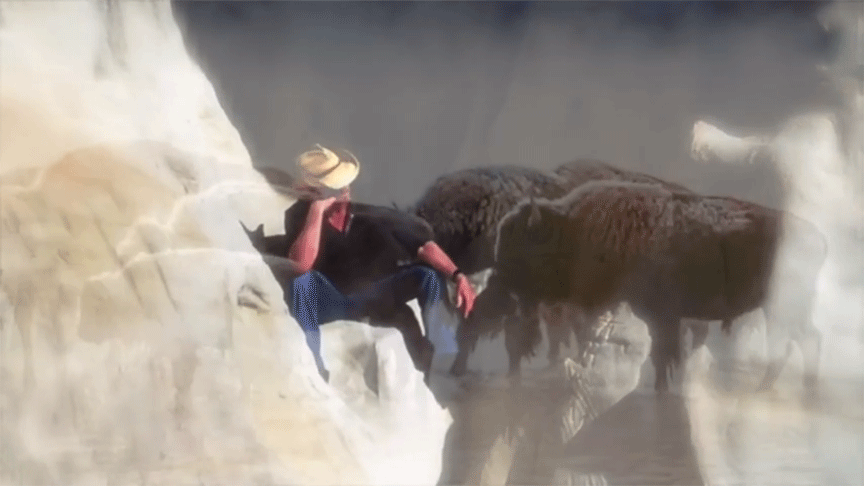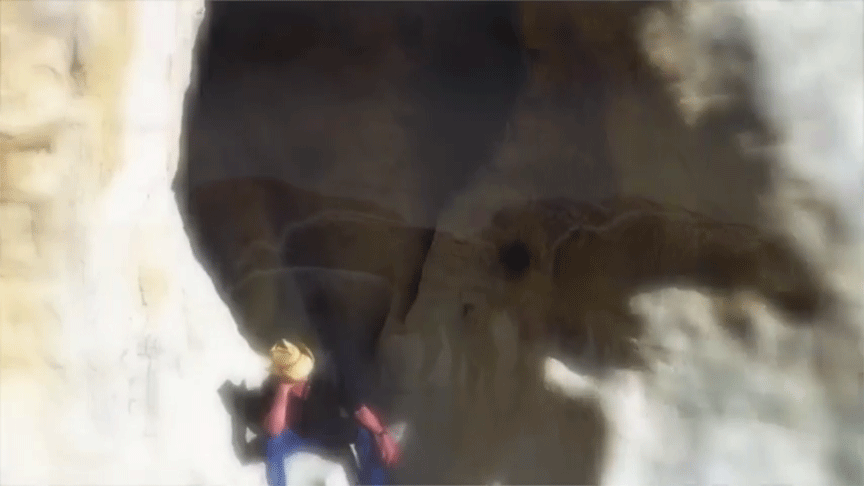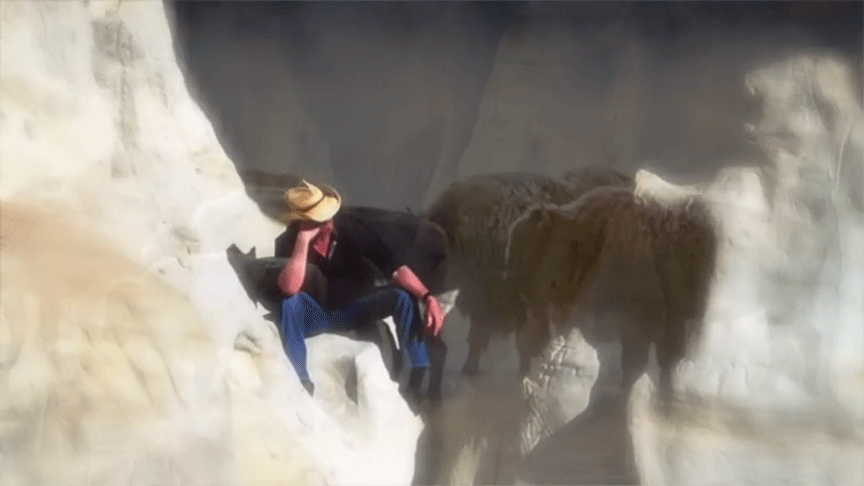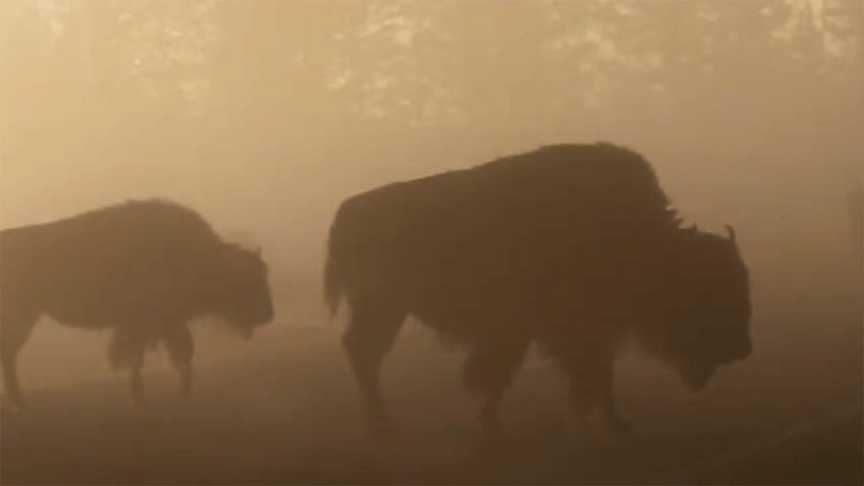No animal calls a tick ‘evil’. Beasts who talk like that are soon called 'human'.
Explore the truth of ‘humanity’… you'll find its more of a transient perception than anything else.
Although furry beasts may roll around in mud, scratching to get creatures from clinging; they leave anger, frustration, fear, and the desire to eliminate all parasites from the face of the earth for humans to fret over.
Challenge and dis-cover what isn’t eagerly shared. Begin the unlearning process, enter the Twin Inferno state, get heart present, and become as you once were.
“You’re hiking and see an animal trail up ahead. Being exhausted, and looking for a shortcut you proceed.”
Walking through the soulscape. In our cleverness, we sometimes blame ‘parasites’ for the choices we ‘forgot’ we made.
Nothing wrong or right with being a parasite. But at least know what you are.
“Soon, you discover dozens of nasty ticks crawling on your shoes and pants.”
“As you pick them off, one by one, you have a realization… one that makes you smile and think...”
And then there are some animals that may act like a parasite, but are not ; )
“‘No animal would call a tick ‘evil’.
Beasts who talk like that are soon called ‘human’.”
In this image, the character ‘X’Tzu’ from ‘11:11 El Luchador Gauntlet’ apparently has wandered quite close to a herd of bison. It’s likely he needs to check his pant legs.
“Parasites have their special flavor upon the nature they sit.”
“The birds that pick them lick their chops!”
“An animal waits, watches, unaffected in their ‘affliction’.”
It’s only ‘you’ that places that value and judgment on a word. You have choice.
Let us contemplate how we’ve convinced ourselves that we aren’t behaving as parasites, feeding on others,
“Ticks and birds will always be.”
“Now traversing down the trail at higher speed, the colors and smells are brighter. Any belief you had that there might not be a place for everything under the sky and over the plains is thrown in the mud pond, blown away, and stomped under heavy mammal feet – some with boots on.”
“Moving swifter than ever over the mountain range in a loving, primal way, you stop for a moment, stand straight and shout into the sky…”
You can navigate in perfect knowledge of who and what you are.
“I‘m free from the power of distinctions made up by others; sovereign, taking the time to breathe, choosing how I react. I’m the essential nature looking upon my smaller-self, smiling that there’s a time for everything in the forested playground I choose to hike.”
Hanging out with bison spirits…
Thoughts for when you’re out on the plains…
If there’s a tick on you, take your time and calmly remove it. You’ll find that the pace prevents pre-programmed trigger emotions from blossoming – immediately bringing an entirely different perspective. The next time you’re sick or have an injury, focus only on the positives.
Huh?!
You can enjoy the situation by picking one of your mind or body sensations and placing your attention on it. Through this you’ll notice discomfort wane and wax. The more you exercise this focus, the more you’ll gain body knowledge that pain and discomfort always comes and goes – providing you partial emancipation from life’s inconveniences at your command. You can practice turning pain into a ‘fill in the color’ sensation, and sometimes even populate it with pleasure. You can find solace in not doing anything, just resting. This is also an opportunity to examine how you’ve been conditioned to play the role of ‘sick’ or ‘injured’. Through this you’ll discover that most experience is due to your upbringing, culture, and language; and quite malleable when you’re aware and willing to re-write the script according to your will.
Do you want to understand the very nature of your experience?
Afterthoughts about ‘humans’ and ‘animals’…
The term ‘human’ is a reflective and circular term that stems from ego. It’s an indicator that the observer has either invented separation where there is none, or hasn’t questioned the ‘compartment’ that another Will has suggested. The word ‘animal’ is used for terms of convenience, and also exaggerated in form to create a language barrier that accentuates the ego. For humans calling something an ‘animal’, and believing it’s anything more than a convenient description shows your choice in how you want to navigate the safari playground, OR, I suppose if you’re an ostrich, a method to stick your head into the safari playground sand.
Although furry beasts may roll around in mud, scratching to get creatures from clinging; they leave anger, frustration, fear, and the desire to eliminate all parasites from the face of the earth for humans to fret over.

